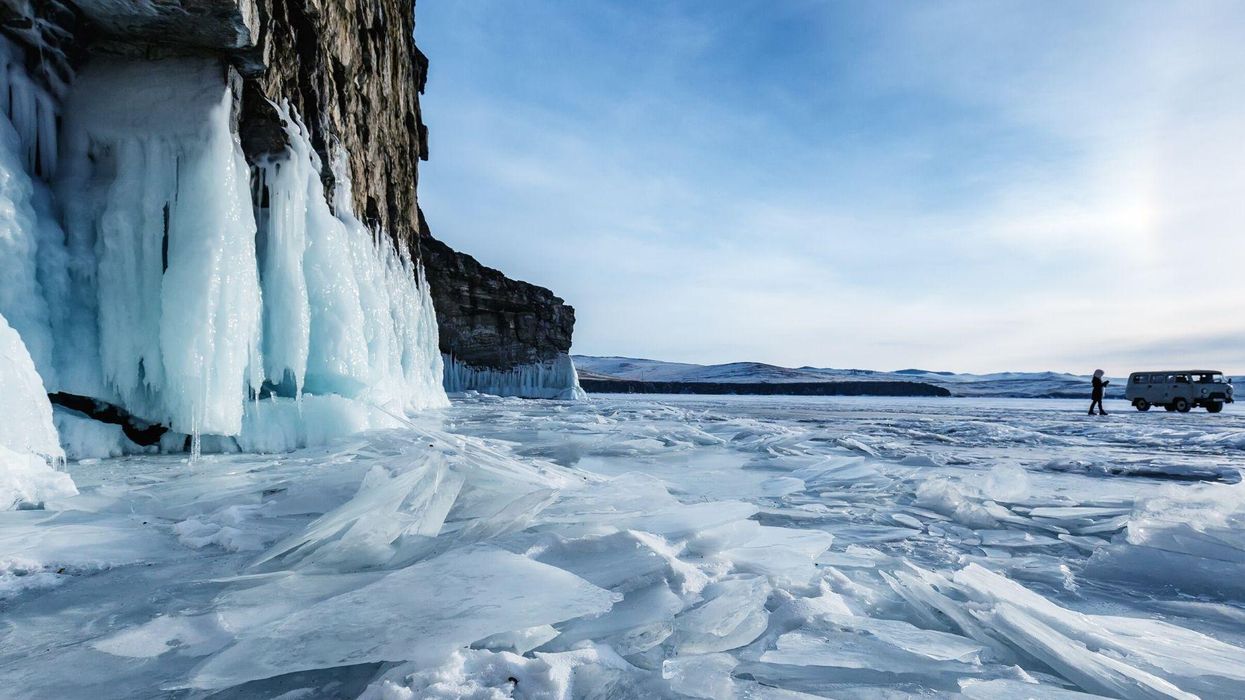
When you think of Siberia, you probably think of extreme cold, snow, darkness and frost.
None of us imagine sunbathing in scorching temperatures, but recent temperatures may change all this.
Scientists at a metereological station in Verkhoyansk, in Russia, recorded a record-breaking temperature of 38C (100.4F) on 20 June – the hottest on record since it started recording daily readings in 1885.
Extraordinarily persistent 'warmth' over parts of Siberia during the boreal spring - exceeding more than 7°C above… https://t.co/mJIYnYqNXm— Zack Labe (@Zack Labe) 1592921208
Verkhoyansk is one of the coldest inhabited places on earth, and regularly records freezing temperatures of up to -67C (-89F).
The previous temperature record was held by a reading of 37.3C (99.14F) in 1988.
The World Meteorological Organisation (WMO) has given “tentative acceptance” of the reading as a legitimate observation, but is currently working to verify the reading, which is a "very thorough and time-consuming project", according to Randall Cerveny, the WMO's special rapporteur on weather and climate extremes.
He said:
The end result will be incredibly valuable information that will help climate scientists better understand climate, engineers and medical doctors better prepare for climate extremes and even the general public in achieving a better appreciation of climate change across this planet.
A local reindeer farm worker told The Telegraph that:
We have seen a freaky heatwave. It’s really hard for us to bear this heat. The reindeer herders were the first to notice that something was wrong: reindeer started to feel unwell. They suffer from dehydration and don’t want to eat. Deer fawns are getting weaker.
But climate change scientists are not surprised, saying that warming temperatures are leading to a decrease in ice in the Arctic sea, and wildfires across Siberia.
Firefighters in the region are not equipped to handle the increase in fires, and are leaving them to just burn out in remote areas.
Zachary Labe, a researcher in atmospheric sciences at Colorado State University, said:
Decades of climate model projections have shown that the Arctic is expected to warm more than twice as fast as the rest of the globe. We are now seeing the impacts of these extremes in real-time.
Dr Christina Schädel, the lead coordinator of the Permafrost Carbon Network, told The Telegraph that "what happens in the Arctic does not stay in the Arctic", and that the increase in temperatures could have serious implications for the rest of the world too.
That permafrost once thawed is never going to freeze back in our lifetime. The process is unstoppable and it’s irreversible.
She is optimistic that we could be able to slow climate change in order to avoid potentially catastrophic effects on the Arctic, but warns that "we just don't have that much time left".
Where is Greta when you need her?













